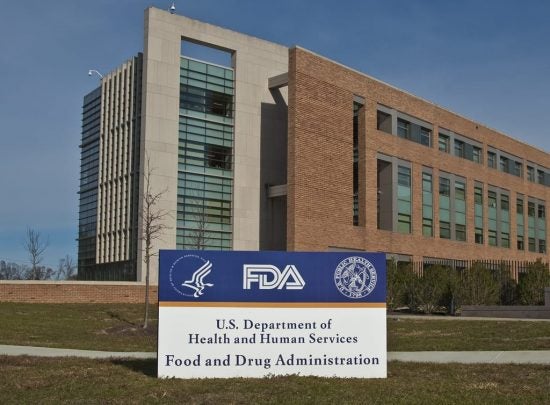
At my high school graduation, a friend and I had a short dialogue speaking to our graduating class about where our futures were headed. “What do you want to be when you grow up?” I asked her. She confidently answered, “A horse.” After an awkward moment or two went by, she continued with, “Or at least that’s what I thought when I was little. Now that I know THAT’S not on the table, I want to be a dentist. How about you? What do you want to be?” My answer was less certain and specific. I just knew I wanted to help people in some way.
What we were trying to show our classmates is that it didn’t matter if you were certain about what you wanted to do or were still trying to figure it out. Yes, many of us would head down more conventional career paths—ones where the response to the question, “What do you want to be?” would paint a clear picture for others: teacher, lawyer, nurse, police officer, etc. But we also wanted to reassure people that there was a whole world of possibilities we didn’t even know about yet and that thinking outside the box could lead to interesting new responses.
Take, for example, the relatively young fields of regulatory science and regulatory affairs, which have developed over the years to both assist development of evidence-based regulation of products, industries, and the environment and ensure compliance with increasingly complex regulatory systems. The fields are highly multidisciplinary. They are made up of scientists, pharmacists, engineers, doctors, economists, and professionals in the areas of communications, public policy, law, law enforcement, public health, and a whole host of others too long to list.
I came to the field of regulatory science by way of working in family-owned and operated restaurants, local and state health departments, law firms with health law and government affairs practices, and non-profits focused on improving public health. I also gained direct experience through the FDA Tobacco Regulatory Science Fellowship, a collaborative program between the FDA Center for Tobacco Products and the National Academy of Medicine. It afforded me the opportunity to use my interdisciplinary public health law training and practical tobacco control experience to influence the development of some of the first federal regulations to comprehensively address tobacco product manufacturing, distribution, and marketing. The fellowship has also been the impetus for my current work here at the O’Neill Institute where we’re researching innovative ways to regulate tobacco and nicotine products, which continue to wreak havoc on the public’s health at a national and global scale.
I could not have imagined the possibility of this type of career back in high school, but now that I’ve found it, I can’t imagine that I would’ve ended up doing anything else. If variety, public service, professional development, or gaining a unique perspective appeals to you, consider applying to be an FDA Tobacco Regulatory Science Fellow. The 2019 call for applications is now open, and applications are due on March 1. If selected, you would spend 12 months in residence at the FDA Center for Tobacco Products in Silver Spring, Maryland, working on projects in the areas of compliance and enforcement, health communication and education, administrative management, regulations, policy, and/or science. In short, you would be shaping the future of tobacco and nicotine product regulation at an unprecedented time as the downward trajectory of conventional combustible cigarette smoking is at a major crossroads. New alternative nicotine products, like Juul and other e-cigarettes, pose a real challenge to—or perhaps opportunity for—improving the public’s health. The regulatory environment that develops over the next few years is sure to set a new direction, and you could be part of it!
*Image courtesy of https://www.flickr.com/photos/fdaphotos/5204602349



